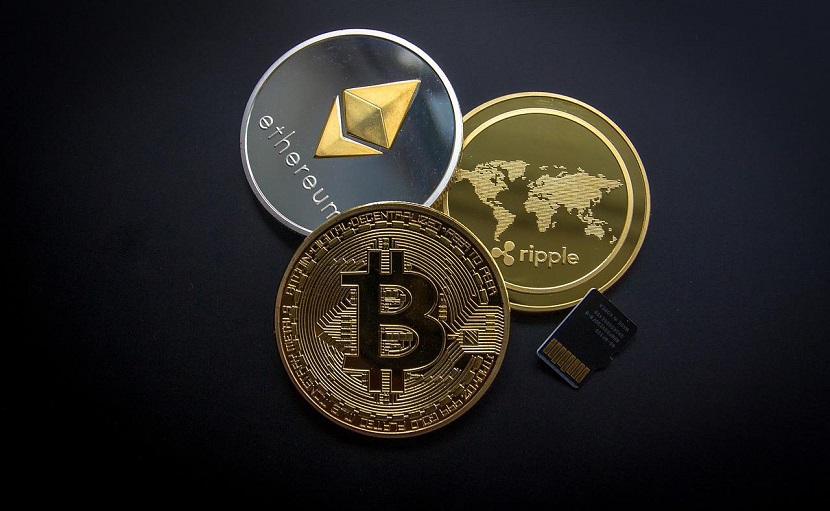These days, if you take a brief break from reading, you risk missing a new industry jargon or business strategy. Look into “deep tech” to see how much faster the world is changing now than it ever has. The total amount of private investing in deep tech increased by more than 20% annually from 2015 to 2018, and it reached approximately $18 billion at the conclusion for the given time frame.
We’ve got your back if you’re not entirely sure what “deep tech” entails. Even if you are familiar with deep technology, you may still be interested in what companies are providing in this field. Continue reading to find out more about what investment in deep tech is, and who is looking for investment and where to find it.
What is deep tech?
Swati Chaturvedi, the founder and CEO of the online investment platform Propel(x), which connects early-stage deep tech with investors, is the one to blame for coining the term “deep tech.” Deep tech startups are those whose business models strongly rely on significant scientific advancements or high tech technical innovations.
When it comes to deep tech, the industry revolves around a truly revolutionary technology. It is used to tackle practically insurmountable issues in the actual world. Artificial intelligence, machine learning, or other creative applications to new or existing emerging technologies will certainly be the future foundation of deep tech firms. It is very similar to blockchain, digital imagery, and virtual reality. Deep technology examples could be artificial intelligence used to forecast natural disasters or molecular imaging technologies that can detect disease or a tendency to disease much earlier than any other test now available.

What makes investing in deep tech so unique?
Artificial intelligence (AI), clean energy, life sciences, agriculture, aerospace, chemistry, and industry are the key fields in which investing in deep tech are active. Deep tech rarely resides in a single industry by itself. Because it’s a game-changer by nature, we might see aeronautical technologies utilized to monitor agriculture conditions, an advancement in artificial intelligence used to produce sustainable energy, or a patient being monitored.
Deep technology differs from shallow tech and other startup types in a few ways. Deep tech businesses typically have a board of advisers that includes CTOs rather than just CEOs because the technology powers the entire company. Companies frequently hold patents or other intellectual property, and they frequently tested the technology for years in a lab or other research setting before attempting to bring it to market.
Deep tech firms may require significant long-term investments as well as significant amounts of research. If we’re talking about disruptive innovations that might take longer to actually get market adoption, commercial success could likewise take longer.
The good news is that once they reach the market, it will be difficult for rivals to imitate what they have done. They’ll probably change the rules and render competing enterprises obsolete. Imagine a finance company employing blockchain to improve customer security and enable worldwide banking from mobile devices with minimal expense. They can alter the outdated business model of local banks, which are becoming more and more prevalent nowadays. These banks are uncompetitive and charge exorbitant fees and burdensome bureaucratic procedures.

Where is it going?
Deep tech sectors like AI, advanced materials, blockchain, biotechnology, robotics, drones, photonics, and quantum computing are developing from early research to commercial applications at an ever-increasing rate. It resembles a new industrial revolution in that our daily lives and workplaces have drastically altered as a result of the introduction of new platform technologies and infrastructures. If you consider how much the world has changed since the last wave of new platform technologies, such as the internet, mobile devices, personal computers, and silicon chips, you can start to see how far deep technology could advance various industries and help to solve or lessen issues like global warming, disease, feeding a growing world population, and dealing with aging populations.
The test and prototype phases are now easier to access and move through more quickly than ever because to innovations like 3D printing, DNA sequencing, and computer-aided design. So in a way, the faster these deep tech platforms reach the market, the greater the prospects for them become.

Who adds investing in deep tech to their portfolio?
There are many people who show interest in deep technology investments are those who recognize the importance of revolutionary technology, even while it is still in its infancy. A few decades ago, it appeared improbable that private and commercial entities would manage space exploration. These days, businesses like Axiom Space and SpaceX are in charge of reviving space exploration.
Similar to how human intelligence has evolved, artificial intelligence is now present in our phones, improving images and instantaneously translating languages. Investors who had the vision to support forward-thinking inventors have facilitated these two revolutions.



